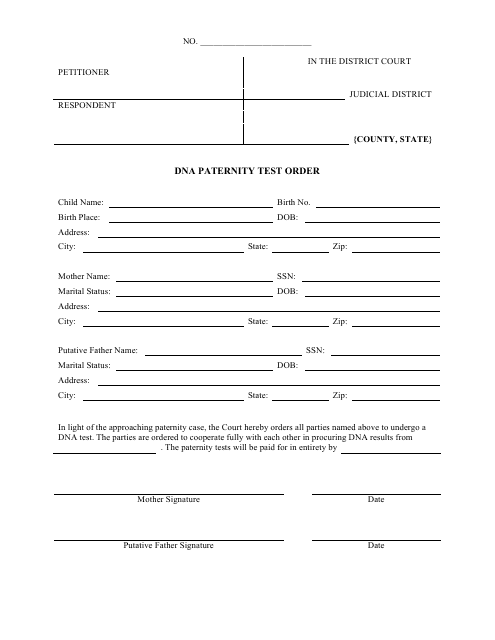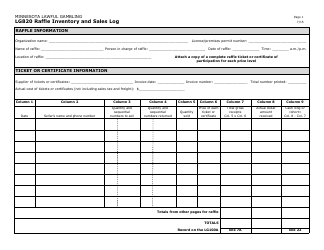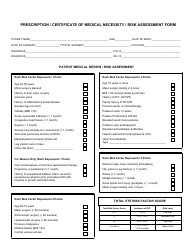Dna Paternity Test Order Form
A DNA Paternity Test Order Form is used to request a paternity test, which determines if a biological relationship exists between a father and a child. The form is typically used when someone wants to establish legal or personal parental rights or to resolve issues related to child custody, child support, or inheritance.
The DNA paternity test order form is typically filed by the individual requesting the test.
FAQ
Q: What is a DNA paternity test?
A: A DNA paternity test is a test that determines the biological relationship between a child and a alleged father.
Q: Why would someone need a DNA paternity test?
A: A DNA paternity test is often needed to establish legal paternity or to resolve doubts about a child's biological father.
Q: How does a DNA paternity test work?
A: A DNA paternity test is usually done by collecting DNA samples from both the alleged father and the child, typically through a cheek swab. The samples are then analyzed to compare the genetic markers and determine if there is a match.
Q: Is a DNA paternity test accurate?
A: Yes, a DNA paternity test is highly accurate, with results typically showing a probability of paternity of 99.9% or higher.
Q: How long does it take to get DNA paternity test results?
A: The time it takes to get DNA paternity test results can vary, but most reputable laboratories provide results within a few days to a week.
Q: How much does a DNA paternity test cost?
A: The cost of a DNA paternity test can vary depending on the testing method and the laboratory, but it generally ranges from $100 to $500.
Q: Do I need a court order to get a DNA paternity test?
A: In most cases, you do not need a court order to get a DNA paternity test. You can order a test directly from a reputable laboratory or through a healthcare provider.
Q: Can a DNA paternity test be done without the alleged father's knowledge?
A: No, in order to perform a DNA paternity test, consent and DNA samples are required from both the alleged father and the child.
Q: Can a DNA paternity test be done before the baby is born?
A: Yes, it is possible to perform a DNA paternity test before the baby is born, but it is a more invasive procedure called prenatal paternity testing.
Q: Is a DNA paternity test admissible in court?
A: Yes, a DNA paternity test is usually admissible in court as evidence of paternity.





